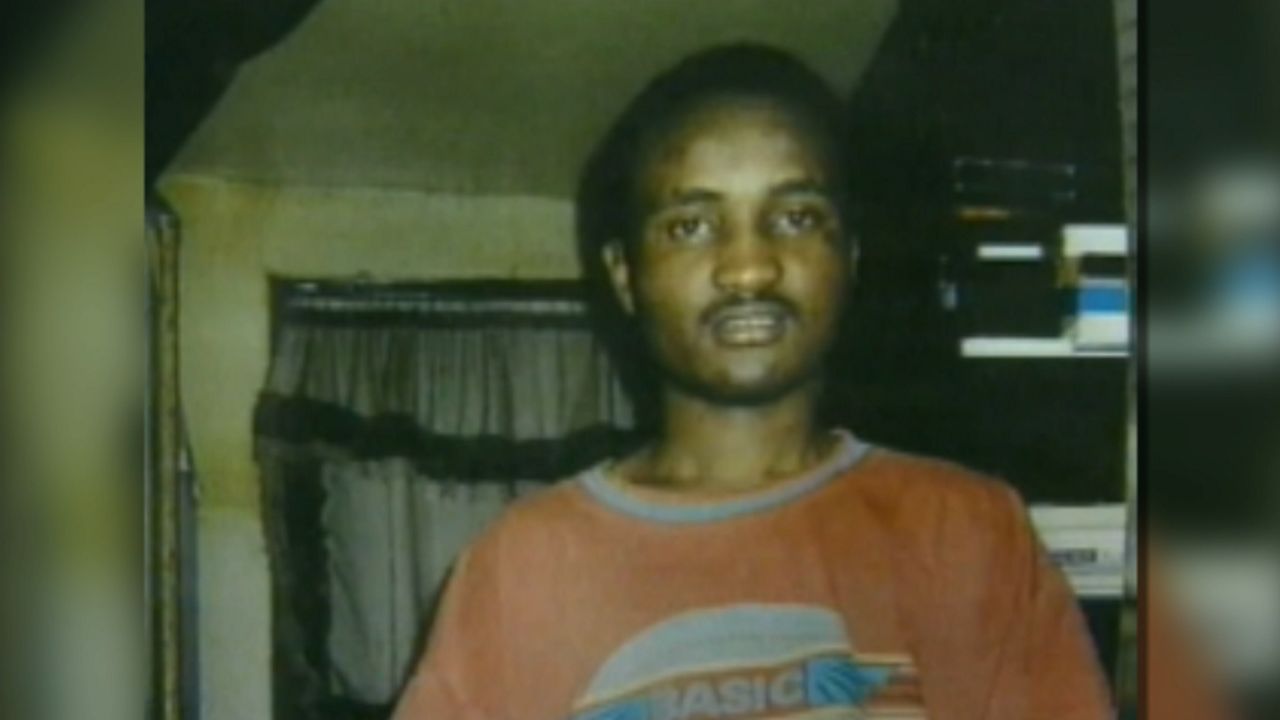States
The Amadou Diallo Shooting Sparks Global Outrage Against Racism And Police Brutality

Four New York City Police Department officers shot and killed 23-year-old Guinean student Amadou Diallo early on February 4, 1999. Police from the now-defunct Street Crimes Unit fired 41 shots at Diallo, striking him 19 times. The cops shot unarmed Diallo near his home after mistaking his wallet for a weapon.
Outrage and uproar about police violence and racism followed the shooting. Many regarded Diallo killing as police racial profiling and disproportionate force. The incident highlighted concerns about criminal justice institutional racism.
A split judgment was returned for Edward McMellon, Sean Carroll, Kenneth Boss, and Richard Murphy on second-degree murder charges. All charges were dropped despite Diallo innocence and the police’ excessive force. Tensions and demands for accountability and change increased after the decision.
After Amadou Diallo death his family sued the city and cops for damages. The 3 million settlement showed the financial and emotional toll of police abuse on victims and their families. After Amadou Diallo death, the payout couldn’t remove the anguish and trauma.
Diallo case galvanized antiracism and police brutality campaigners. He symbolized the police enforcement accountability and racial equality movement. Diallo narrative underscored the pervasive bigotry and discrimination in communities of color.
Amadou Diallo influence endures throughout American culture and awareness. His death has inspired artists singers filmmakers and activists to honor him and fight for justice. Diallo narrative resonates internationally from Bruce Springsteen American Skin 41 Shots to Trial by Medias 41 Shots Netflix miniseries.
Diallo legacy underscores the need for structural reform and accountability in the battle against racism and police brutality. His name will long be linked to the fight for American racial equality. To commemorate Diallo, activists and advocates work together to create a fairer and equal society.
Racial Profiling Police Brutality
Amadou Diallos killing exposed police brutality and racial profiling. Public anger followed four police officers shooting an unarmed black man raising worries about excessive force against people of race. Diallo case symbolized the criminal justice system systematic racism emphasizing the need for changes.
Officers said they had mistaken Amadou Diallo wallet for a weapon resulting in the deadly shot. However several opponents claimed that Diallo color influenced the cop danger assessment. The event showed how police biases against minority groups may lead to fatal outcomes.
Read Also: Unraveling Trump’s Legal Odyssey: The Gag Order Request And Social Media Firestorm
The four officers’ acquittal highlighted the difficulty of holding law enforcement responsible for violence against vulnerable populations. The cops were acquitted despite significant evidence of misconduct including Diallo lack of a weapon and the disproportionate amount of rounds fired. The judgment delivered a grim message that police officers might behave with impunity weakening minority faith in the court system.
Legal Battles And Civil Rights Advocacy
After Amadou Diallo death, his family sued the city and the shooting cops. Gross negligence wrongful killing and racial profiling were claimed in Amadou Diallo death complaint. The case garnered national attention and mobilized civil rights campaigners against police brutality and systematic racism.
The 3 million settlement struck in March 2004 gave Diallo family some financial consolation but not full responsibility for his murder. The case showed how the judicial system fails to confront racial injustice and police wrongdoing prompting demands for more comprehensive changes to avert future deaths.
The Diallo tragedy also prompted politicians to propose police training and oversight reforms to fight racial profiling and increase openness. Communities continue to seek justice for police brutality victims and genuine changes to end systematic racism.
Legacy And Continued Struggle For Justice Amadou Diallo
Amadou Diallo represents perseverance and resistance against injustice. His legacy continues among racial equality and police accountability campaigners. Diallo tale inspires individuals who want a more fair and equal world without prejudice and injustice.
Diallo art music and activism inspire future generations to fight structural injustices and make significant changes. His death underscores the need for unity in the battle against injustice and racial justice.
Diallo inspires hope and resilience as communities protest police brutality and racial inequity. He inspired collaborative action and advocacy for a more fair and equitable society and his legacy will continue.
Impact On Law Enforcement Trust And Community Relations
Community relations and law enforcement trust were deeply affected by the Amadou Diallo shooting especially in communities of color. The event damaged police minority relations increasing fear distrust and hatred of law enforcement.
The shooting of Diallo which many saw as racial prejudice and disproportionate force deepened police suspicion. The officer lack of responsibility reinforced these emotions, which reinforced the idea that the judicial system failed underprivileged populations.
Community leaders and activists worked hard to reconcile law enforcement and their communities following the killing. To combat racism and police brutality conversation accountability and transparency initiatives were undertaken. However, creating trust and healing broken relationships involves continual work and dedication from both sides.
Global Awareness And Cooperation
The Amadou Diallo tragedy triggered global solidarity movements and highlighted American structural racism and police brutality. The tragedy underscored the global fight for racial justice and human rights.
Diallo tale resonated with groups battling racial prejudice and police violence in other nations. Cities worldwide organized solidarity marches vigils and demonstrations to support Diallo family and demand responsibility for his killing.
The worldwide outrage led governments and human rights groups to condemn the killing and demand systemic racism and police brutality changes. Diallo inspired worldwide racial equality groups to face injustice in their communities and strive for lasting change.
Diallo memory reminds us of the essential need to fight racism and injustice worldwide. His narrative highlights the global nature of justice campaigns and the significance of solidarity with vulnerable groups.












You must be logged in to post a comment Login